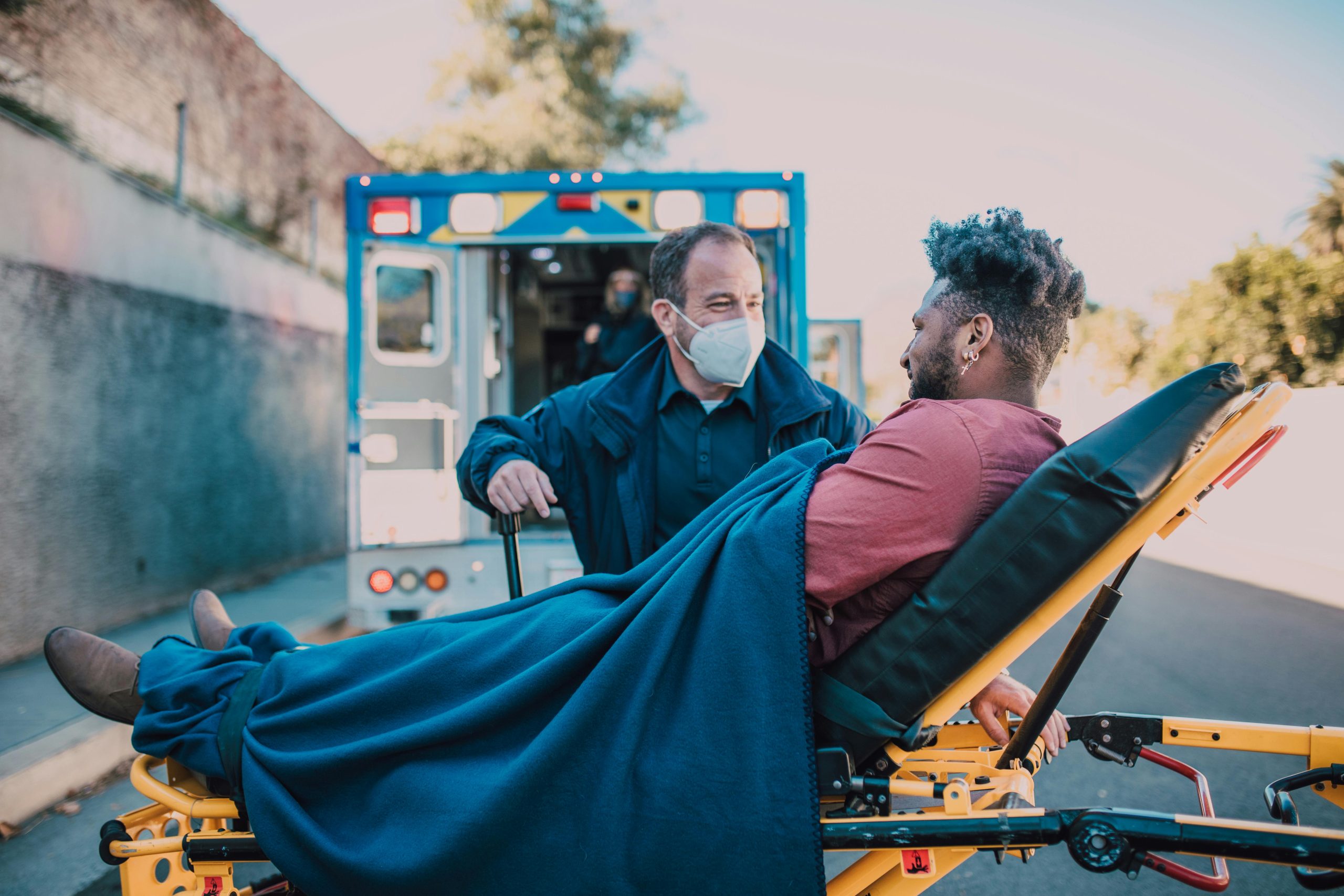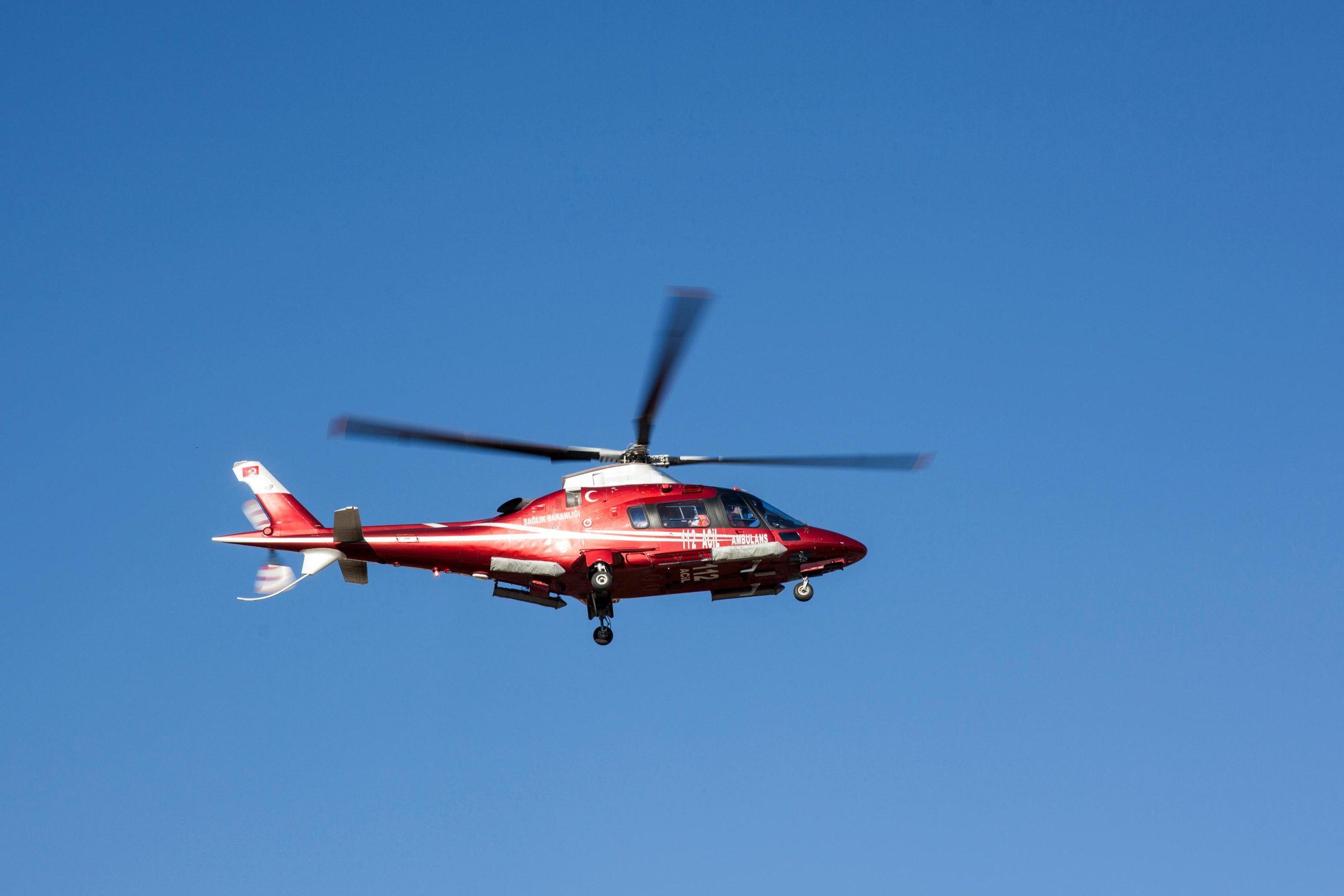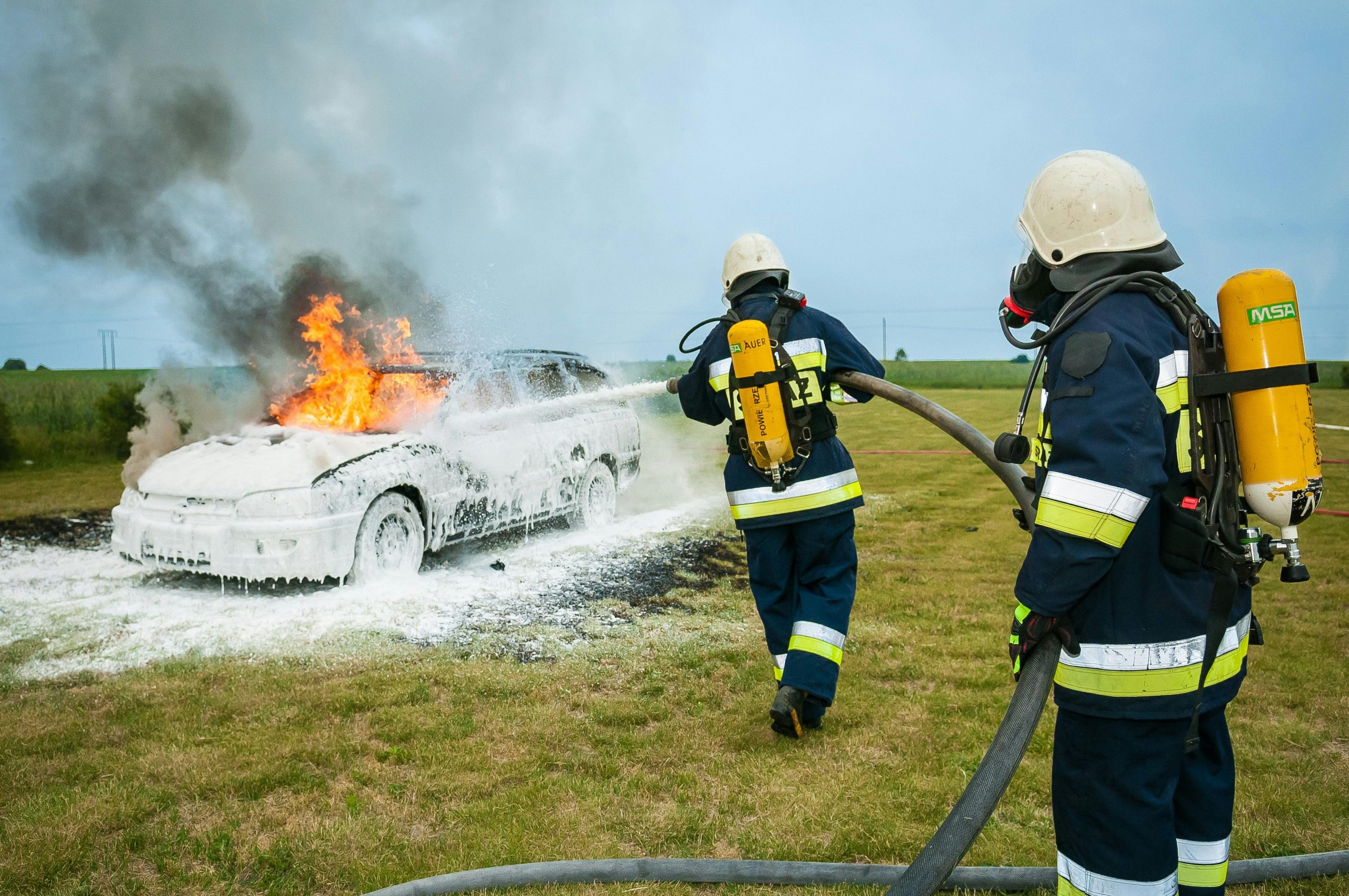Protect your guides and lower you risk with clients in Africa
In the unpredictable world of mobile tourism, tour guides, drivers, and tour leaders are often the unsung heroes of any travel experience – especially when they are working remotely. Whether navigating unfamiliar landscapes, managing group logistics, or resolving unexpected crises, they are the frontline of the travel industry—especially in Africa where terrain, infrastructure, and medical access can pose unique challenges.
In this high-pressure environment, ensuring that these key personnel are properly covered and supported by their employers is not just a matter of fairness—it’s a critical component of responsible travel management. Guides, drivers and tour leaders, often face super challenging group dynamics, demanding clients, and unmanageable expectations. When an emergency occurs clients inadvertently panic and behave irresponsibly and panic. Your guides are on their own, and have to think fast and on their feet, make critical decisions and potentially save lives or defuse life threatening security situations.
They may call the office emergency phone – and not get a reply. Or speak to the duty travel consultant who hasn’t got a clue about reality – on the road or in the bush.
Imagine a guide lifeline with TravelSafe SOS – the number for them to call first, or simply activate an emergency button. They can teal with the emergency with vital advice and support, stabilise the situation, arrange critical responders and then alert the weekend or 24/7 duty staff member. Who in turn, will would likely have contacted the company manager or owner – who may also not know what to do, or the best course of action.
Reduce your potential liability, and responsibility- with trained professionals handling your emergencies, who can save lives and assist your clients almost immediately. Take the emergency phone accountability away from your team – and support your guides and drivers completely.
Frontline Pressure: The Realities of the Job
Guiding or driving in Africa is not for the faint hearted. Every seasoned tour guide or safari driver has a book of stories and the t-shirts – about tourists making impulsive, ill informed or dangerous decisions. Clients wander off in wildlife reserves, ignore safety briefings, or attempt activities beyond their capabilities. Others experience heatstroke, allergic reactions, or medical emergencies brought on by pre-existing conditions they failed to disclose or by plain stupidity.
When things go wrong, it is almost certain it will be the tour guide who must manage the situation, provide first response assistance, and coordinate further help. They are not only the public face of the tour operator but also the default emergency responder, decision-maker, and problem-solver. This puts a massive burden on these individuals, particularly when they themselves are not adequately protected or prepared.
Why Employee Coverage Is Non-Negotiable
Guides and drivers often work in remote areas, hours from the nearest medical center. Should they fall ill, be injured in a vehicle accident, or experience an assault or robbery while working, they are vulnerable to the same or even greater risks than the clients they protect. Yet, many operators fail to insure or protect their own staff beyond basic contracts.
Comprehensive coverage should include:
- Emergency medical assistance and evacuation
- Security response for threats or incidents
- Communication support in areas with limited or no signal
- Psychological support for trauma, such as witnessing or managing client emergencies
- Legal or translation assistance where applicable
Without such safeguards in place, employers risk not only the wellbeing of their staff but also the integrity and safety of the entire tour experience.
The TravelSafe SOS Advantage
The TravelSafe SOS (TSOS) app is a proven solution that addresses these gaps. Designed for African travel environments, the app offers 24/7 emergency response coordination, real-time support, and a simple SOS activation system. For tour guides and drivers, it serves as a mobile lifeline when everything else fails.
If a guide activates the app due to a personal injury, medical emergency, or a threatening situation for themselves or their clients – TSOS will coordinate:
- Immediate medical evacuation or ambulance dispatch
- Notification of tour operators and next of kin
- Security intervention if needed
- Ongoing updates until the situation is resolved
This ensures that even when your guides are far from help, they are never alone.
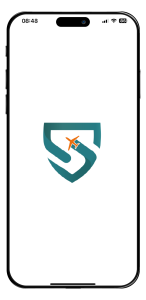
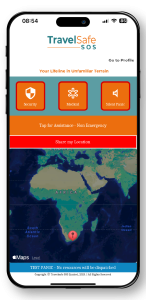
How Client Emergencies Impact Guides
When clients are injured or go missing, the guide becomes the first responder. In high-stress situations such as wildlife encounters, falls, or illnesses, guides must remain calm, triage the situation, and request appropriate help. But what if the guide is also in danger or overwhelmed?
With the TSOS app, a guide managing a client emergency has an immediate channel to escalate the situation to professionals. Once the app is activated, the TSOS control center steps in, coordinating:
- Medical responders to the scene
- Ongoing communication with the guide
- Emergency contact notifications to clients’ families
- Alerts to insurers for faster claim processing
This system not only supports the guide, but significantly reduces response times and increases the chance of a positive outcome for the traveller or guide respectively.
Mutual Protection: A Win for Clients and Staff
When employers provide the TSOS app to their guides, the benefits extend directly to their clients. If a guide is incapacitated, TSOS can still support the travelers through their own activation or previously submitted data. The emergency team will act based on both the guide’s and client’s profiles.
This shared safety net means:
- Clients are never left unsupported even if their guide is unavailable
- Guides can work with peace of mind knowing they have backup
- Tour operators improve their duty of care and brand reputation
- The entire tour group is covered, including staff, not just guests
Legal and Ethical Responsibility
Tourism companies operating in Africa must understand their obligations extend beyond delivering a holiday. Duty of care includes employee and client welfare in an emergency. It cant simply be a case – of claim on your travel insurance. If an unforeseen emergency is dealt with professionally and beyond expectations – you build your brand, your reputation and potentially save lives.
Many African countries do not enforce labour protections, adequate insurance and training for freelance guides or contract drivers. The nature of their work exposes them to real danger, and they need real support.
Proactively offering support via TSOS is not just a smart operational choice; it’s ethically sound. It helps:
- Avoid legal liability in the event of an incident
- Satisfy international insurance standards
- Meet expectations of safety-conscious international clients
- Reduce staff turnover due to burnout or traumatic events
Practical Implementation
Integrating TSOS into daily operations is straightforward. Employers register staff under their partner account, and each guide receives:
- A unique login with access to all app features
- Pre-loaded medical information (optional)
- Communication tools in case of emergencies
- A digital trail of incidents for follow-up and accountability
Our corporate/ safari operator training sessions with your team ensure guides, drivers and tour leaders are confident using the app, and they are 100% confident someone has their back when things go wrong in Africa. We welcome this opportunity to support your team – train them, reassure them and if necessary, support them in any emergency they may have in Africa.
When we cover your guides, we cover you, your clients and your team:
We offer free guide coverage to all staff, provided you provide the TravelSafe SOS service to all your clients.
This includes all the normal benefits that the app provide – next of kin and insurance company notification, emergency or security service dispatch and real time monitoring of the situation on the ground.
BUT – a guide alert is a red alert.
In this case, we action a completely different set of SOPs – to support them and you, the tour operator directly. You will be notified with a direct call to your emergency number, nominated owner number or duty manager numbers from one of the TravelSafe SOS emergency team.
Helping you deal with your guide or client emergency outside of the standard TravelSafe SOS app service. We are there to help you and support you, with our many years of remote travel experience, emergency response and support in a time of crisis.
Real-Life Use Cases
- A Malaria Emergency in Malawi: A guide accompanying guests to Lake Malawi began experiencing symptoms of malaria. Despite being hours from a clinic, he used the TSOS app to request help. An emergency team was dispatched, and anti-malarial treatment was arranged at the closest private clinic. He recovered within 48 hours and resumed the tour.
- Lost Hiker in Tanzania: A tourist wandered off during a hike in the Usambara Mountains. The guide activated TSOS to report the missing client. The team notified local authorities and deployed a search party. The hiker was found before nightfall, unharmed but disoriented. The client can also download vital information from the Travelsafe SOS website – like what network provider to use in a particular country, or what to do if they get lost in Africa.
- Vehicle Accident in Botswana: A minibus carrying a small group overturned on a remote gravel road. The driver, slightly injured, used the app to alert TSOS. Local paramedics arrived within an hour, all travelers were treated, and replacement transport was arranged.
In all cases, both the guide and the travelers benefited from the rapid, coordinated response enabled by TSOS.
Looking Ahead
As tourism rebounds and Africa receives increasing numbers of international travelers, the risks facing frontline travel workers will only grow. Climate extremes, regional insecurity, and poor infrastructure will continue to challenge tour leaders and drivers.
Investing in comprehensive support tools like TravelSafe SOS ensures these vital professionals are empowered, protected, and equipped to manage emergencies for themselves and their guests.
By covering guides and drivers, employers elevate the standard of care in the African travel industry. They signal that safety is not negotiable, and that every person—staff or client—matters equally. That is not only good business. It is the right thing to do.
FAQs
- Why should tour operators provide emergency cover for guides and drivers?
Guides and drivers are exposed to daily risks on the job, from vehicle accidents to remote-area health incidents. Providing them with emergency cover like TSOS ensures rapid response and backup when problems arise. This not only protects staff welfare but also enhances the safety and experience of the clients they support.
- What happens if a guide is injured during a tour?
If a guide is injured and has the TSOS app, help can be dispatched immediately. The app will also allow the tour operator, insurer, and support team to be notified and involved. Meanwhile, travelers are supported by TSOS independently, ensuring continuous protection for all parties.
- Can TSOS be used when there is no cell signal?
Yes, TSOS offers features that work offline. As soon as the device reconnects, the stored alert is transmitted. In addition, the app encourages storing key medical and emergency data offline for responder access in no-signal zones. - What are the legal advantages of covering staff with TSOS?
Providing emergency support coverage helps tour operators meet their legal and ethical duty of care. It can reduce liability in the event of accidents, satisfy international travel insurance protocols, and show a commitment to responsible travel practices. - How do guides get access to the app and support?
Tour operators register staff under their account with TravelSafe SOS. Each guide receives login credentials and a guide-specific app profile. After a short onboarding session, guides can begin using the app in the field with full access to emergency dispatch, tracking, and communication support.


